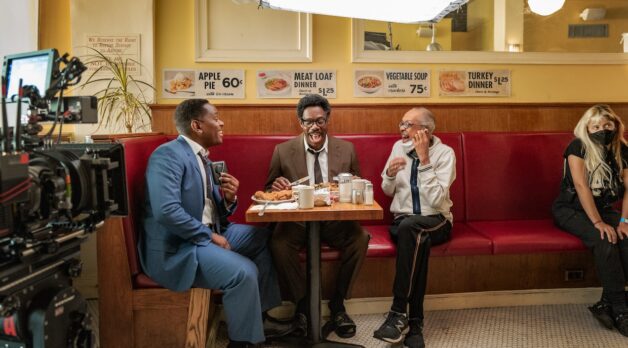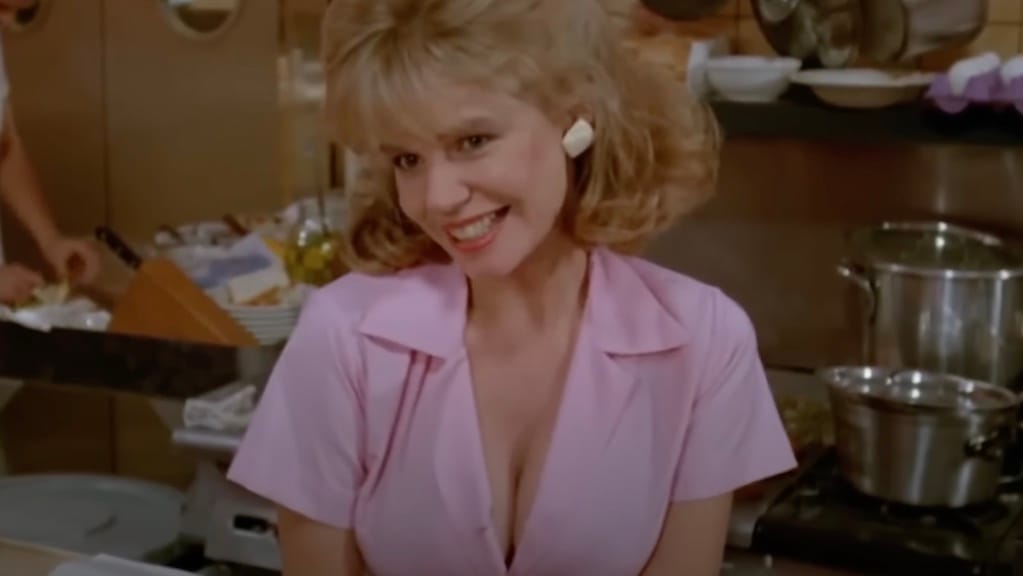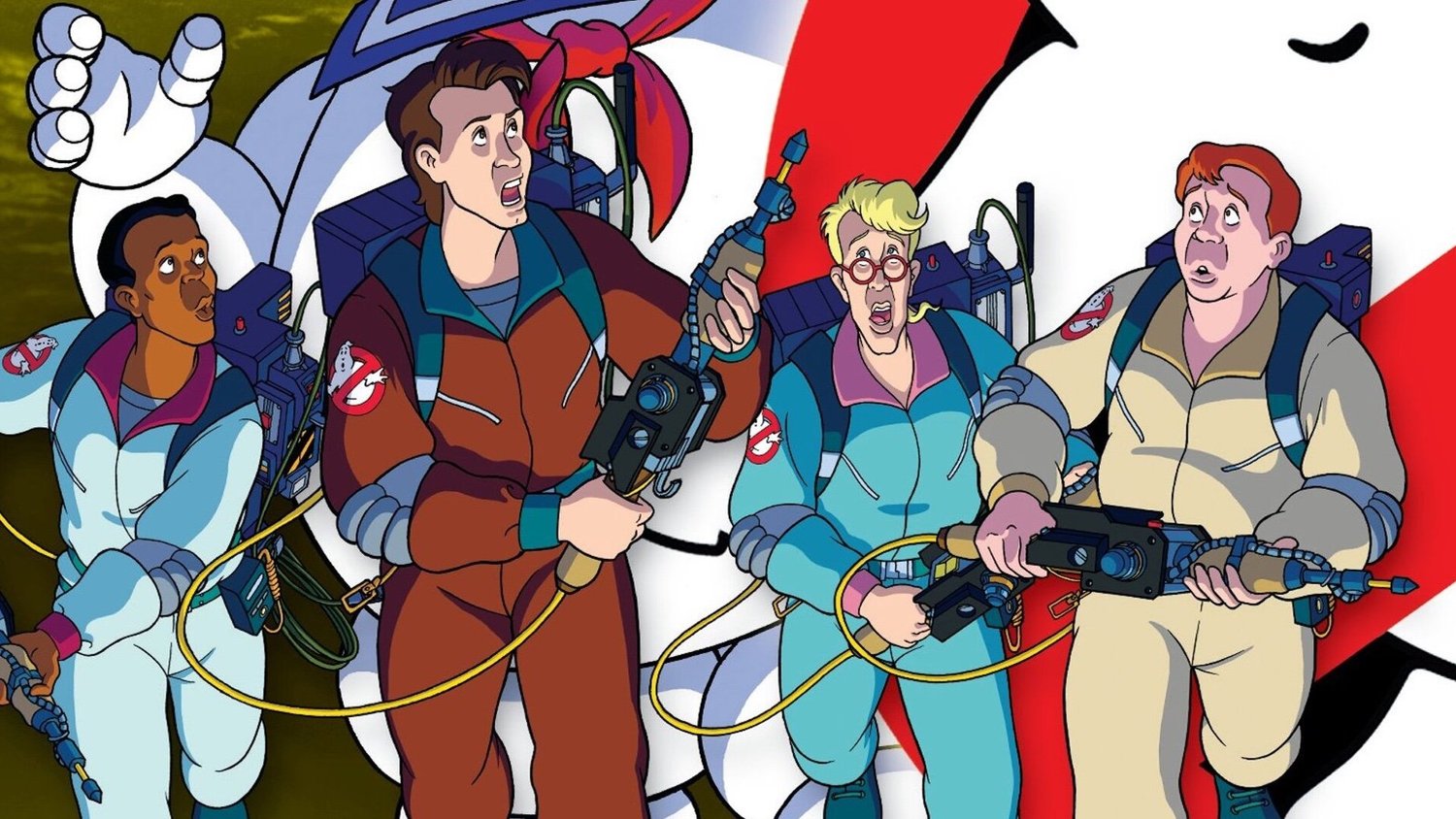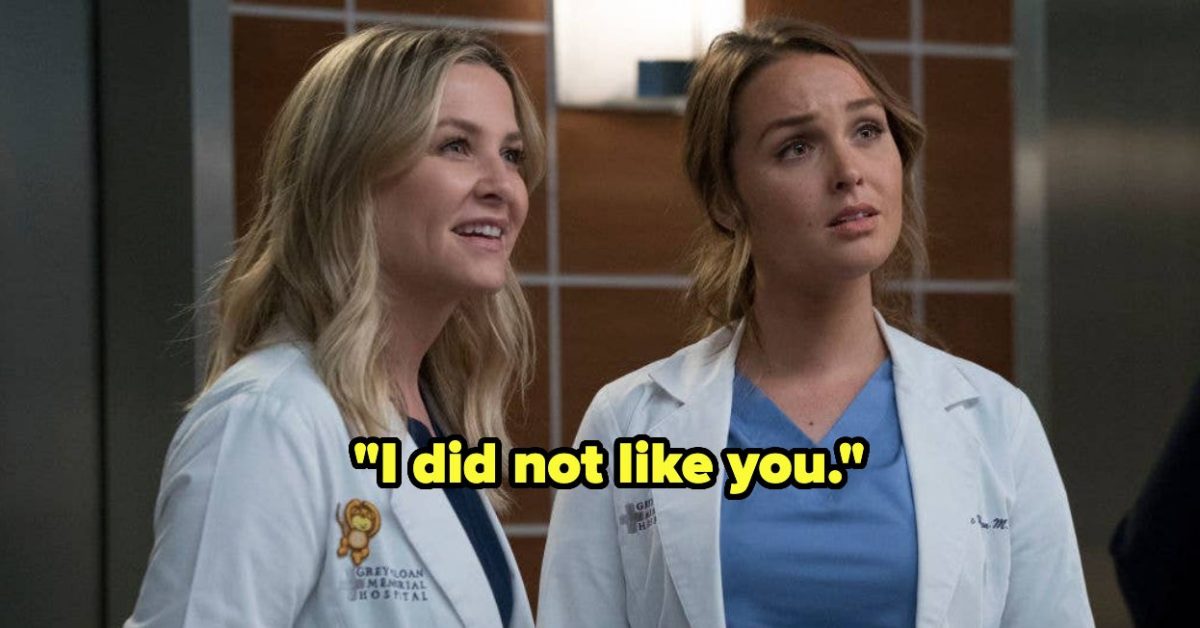
“Ordinary People Doing Extraordinary Things”: George C. Wolfe on Rustin
Dec 5, 2023
Aml Ameen, Colman Domingo and George C. Wolfe on the set of Rustin (Photo by Parrish Lewis/courtesy of Netflix)
It might seem strange for an actor to have a breakout year at age 54. To those who witnessed Colman Domingo’s star rise on the New York theater scene in the early aughts and would cringe at now labeling the actor a “discovery”—I don’t disagree! I first encountered Domingo’s stage work in summer 2008, in the Broadway premiere of Passing Strange that would be filmed a few days later by Spike Lee. (Looking over Domingo’s earlier theater credits, I realize now that I would’ve first seen him in the 2003 Shakespeare in the Park production of Henry V, but the high schooler I was was admittedly less attentive back then). But the big-screen releases of Blitz Bazawule’s The Color Purple and George C. Wolfe’s Rustin—as well as the festival premiere of Greg Kwedar’s Sing Sing at the Toronto International Film Festival—represent the highest profile the hardworking actor has ever had.
After previously working with Wolfe on a 2020 screen adaptation of the August Wilson play Ma Rainey’s Black Bottom (and receiving strong notices for his frightening supporting turns in the 2021 releases Candyman and Zola), Domingo uses Rustin, a biopic about the gay Civil Rights leader who organized the 1963 March on Washington, as an opportunity to shed light on history as well as his own fully-committed actorly gifts. With a screenplay by Julian Breece and Dustin Lance Black (Milk), Rustin is an actors’ showcase, and Wolfe, with his longstanding reputation as an “actors’ director,” doesn’t shy away from allowing the wordy back-and-forths that would go on to shape American history play out at a leisurely pace.
Born in Kentucky in 1954, Wolfe experienced segregation firsthand, as well as a brush with the key figure in the Civil Rights movement, Dr. Martin Luther King, Jr. In the interview below, Wolfe also discusses his wants for Rustin’s score, shooting D.C. for Pittsburgh, matching archival footage to newly filmed scenes, and how he tends to direct his performers. Rustin is now available on Netflix.
Wolfe: My hometown was segregated for the first eight years of my life, but in addition to it being the state capital, [Frankfort, Kentucky] also had a very vibrant and commanding Black community, so I felt very protected, insulated and empowered. Within all people of my generation, there was that shared sense of empowerment, as we were going to go forth into the world to challenge and alter and change. I felt that sense of mission very specifically when I was young and don’t think that was uncommon for people of my age. My grandmother took me out of school one day so that I could march with her [at the 1964 March on Frankfort] and I held her hand as we marched across the bridge and toward the state capital. [Martin Luther King, Jr. was a guest speaker at the march, culminating in the passing of the Kentucky Civil Rights Act of 1966.]
While aspects of Frankfort were beginning to integrate, my cousin (in seventh or eighth grade) was told by her principal at her shool that “if anybody skipped school to go hear Martin Luther King, they would be expelled.” But she went to the march with her friend and then, “OK, now let’s go back and be expelled.” There was a man behind them who overheard and asked, “What did you say?,” and my cousin answered, “Well, our principal told us that if [we went to the march], he was going to expel us,” and the man said, “Come with me.” He took them to what was, in essence, the “backstage area” of the march and introduced them to Martin Luther King, who then took them in a car, drove to the school, walked into the office to speak to the principal, closed the door, had a conversation, and that was that. Nobody was expelled.
Filmmaker: You’ve previously spoken of how your confidence began to manifest once you attended Frankfort High School, which, while an integrated school, still had many people who worked to demean you. Why then were those early school days so pivotal to your development?
Wolfe: I had first gone to a grammar [Rosenwald School] that was connected to an all-Black university [Kentucky State, which Wolfe would later enroll in before departing for Pomona College in Claremont, California], which was like a training school for teachers, and where all of the students were made to feel smart and special. I stuttered very intensely when I was little, so when I [transferred] to that other school, which was predominantly white, they decided that because I stuttered, I wasn’t smart. It was never explicitly said to me, but I felt it, then later I found out that they had called my mother in to talk about putting me into remedial classes, but she told them “No, that’s not going to happen. He’s incredibly smart.”
I think one can tell when one is being dismissed. It starts when you’re young and there’s, without question, an aspect of feeling wounded. Fortunately, if you have the backing of a community, of your family, you go, “No, that’s not going to happen here.” In the presence of somebody dismissing me, it fortified me. Anytime that’s happened in my life, in my career, I go, “No, we’re not doing that. I’m not going to be placed in this box and dismissed.” I identified with Bayard in that very specific way, as he had the same combination of defiance and celebration of self. That was very much instilled in me at a very young age, this feeling of, “While I may be insecure, I’m insecure based on the moment. I’m not insecure based on who I am.” I’ve had that sense of fortitude my whole life. It’s more a celebration of self than a rage toward anyone or anything, and it’s served me well, I think.
Filmmaker: While watching Rustin, I thought back to Caroline, or Change, the musical you directed 20 years ago set in 1963, shortly after the events of the Civil Rights summer Rustin depicts. However, Caroline, or Change isn’t based on a specific historical event. From your perspective, is there any difference to telling a true story that takes place during the Civil Rights era as opposed to depicting a fictional narrative in which real events tend to serve as a backdrop?
Wolfe: What I think has become increasingly clear as I helped to create a museum in Atlanta, Georgia called the Center for Civil and Human Rights, in which I staged the Civil Rights portion of the museum, is how much that time period captured the energy and imagination of an entire country. Everybody was forced to make a decision. You were not allowed to stand on the sidelines and just witness—no, you had to say “yay” or “nay” about what the country was going through. I’ve become obsessed with what I call “ordinary people doing extraordinary things,” and when people commit to these extraordinary things, they become extraordinary themselves. That phenomenon, of all of the young people, Black and white, who committed to being Freedom Riders and to sitting at lunch counters and refusing to give up their seats, I find tremendous pride and joy in.
You brought up Caroline, or Change, and yes, that’s set in 1963 where the “Ordinary People Doing Extraordinary Things”: George C. Wolfe on Rustin character, who we watch throughout the musical, has a teenage daughter, Emmie Thibodeaux, who, [at the show’s conclusion] goes on to tear down down a statue of a Confederate soldier outside the local courthouse. I think that’s definitely in line with this thrilling, fascinating time where a passivity and lack of commitment was just not allowed.
Filmmaker: You’ve worked with Colman Domingo before, but I was curious if you can recall the first time you had seen him, either on stage or on screen, and what your initial impressions were. Was it in Stew’s musical, Passing Strange, 15 years ago?
Wolfe: I don’t think that was the first time, I’m not sure. Colman was and is very good friends with Anika Noni Rose, who played Emmie Thibodeaux in Caroline, or Change on Broadway and even won the Tony Award for it, so I would have seen him a lot then [in 2004]. He had been doing a show at the same time that she was. I’m not sure when was the first time that we met, but Ma Rainey was the first time we officially worked together. That was an interesting experience, because the character he played, Cutler, is the confidante of Ma Rainey, and (because I always schedule a rehearsal period) I remember at one point bringing up, “You know, I wonder if your character is gay,” as Ma was a lesbian and perhaps this was a part of the bond the two shared. Regardless of whether or not he ended up playing it [that way], Colman really thought about it for a while. It’s such an internal [choice], but I remember having that conversation with him and it made me [realize] that one’s responsibility as a director (in working with actors) is that you need to identify what vocabulary you’ll need to evolve alongside your actors so as to get the best possible work [out of them]. You need to engender trust so as to encourage them to bring the greatest degree and depth of vulnerability. I firmly believe that vulnerability is not something you act, it’s something you have to embody.
There are many scenes in Rustin where Bayard is driving the action, but there are also many scenes where he is in the presence of a force greater than him. Sometimes that force may be aggressive and somewhat duplicitous, i.e. Adam Clayton Powell [Jeffrey Wright], or sometimes it’s via his having a conversation with Ella Baker [Audra McDonald] where she questions Bayard about his motives and challenges him to get over his resentment of Martin Luther King, even going so far as telling him to “Go get your friend back.” Finding that sense of vulnerability and emotional nakedness was crucial to the film, and part and parcel of this is not just expecting the actor to embody it but creating an environment where it’s much easier for them to feel safe so that that the vulnerability can fully manifest.
Filmmaker: When it comes to casting someone to play Martin Luther King, I imagine the the actor [Aml Ameen] first has to overcome a crippling amount of self-consciousness or self-doubt, but are you encouraging them to just commit to the truth of the character?
Wolfe: Commit to the truth of the character as crafted on the page. My theory was that Martin Luther King, at the time the film takes place, was a regional figure just gaining national prominence. Of course, by the end of the film, once he delivers the “I have a dream” speech, he has become an iconic figure, but when we first meet him, we’re seeing an in-process human being, which is infinitely much more interesting to me. We have museums, we have sketches, we can light them perfectly so that they glisten and shine and look perfect, but that’s not an interesting thing to act or to direct. The King in the film is someone we see evolve. At one point, we even see him betray Bayard, who was his close friend, and then later at a triumphant moment at the film’s end, we see the two men fully express the depth of feeling they have for each other. As a result, you see Martin’s character grow and you see Bayard grow.
You even see Bayard being an out homosexual. I’m not sure if this was historically true, but there was one corner of his existence that still held shame connected to the incident in Pasadena in January of 1953 [in 2020, California governor Gavin Newsom posthumously pardoned Rustin, who had been convicted of a misdemeanor stemming from policies criminalizing homosexual activities], and then you see him, through the course of the film, shed himself of that last piece of shame, so that when he goes to D.C. and sees Martin, he’s confronted the person he is very close to and comes out on the other side, able to fully embody his power in an undiluted way. The film becomes about all of these characters evolving into the next phase of who they are going to be because, once again, while monuments are perfectly lit, that’s just not an interesting thing to portray or direct. It wasn’t easy, but it was much more interesting finding somebody who could play both aspects: the process of “the journey” of MLK and then the manifestation of his power.
Filmmaker: The film concludes with the March on Washingington on August 28th, 1963. In mapping out that sequence, were you resisting the urge to rely on an overuse of archival footage? As Americans, we have a lot of memories and reference points of that date thanks to the plethora of video and audio coverage from the event, but how did you want to stage it? Did you film with your cast in D.C.?
Wolfe: We were there in parts. The movie was primarily filmed in Pittsburgh as, I understand, there are X amount of rules one must follow in order to film inside the Lincoln Memorial, [i.e.] only four people [on the production team] can be present at a time. There was a whole series of dynamics and rules that we were very much aware of and had to honor so that once we went to D.C. we’d be ready. We duplicated the steps of the Lincoln Memorial in Pittsburgh—on a very cold day, I might add—and framed it in front of a blue screen so that the speeches and the singing that take place [from the podium at the film’s conclusion] and Bayard’s encounter with the resistant forces of the police could be filmed back in Pittsburgh.
Once we arrived in D.C., our work was more about manifesting scale. Using Pittsburgh as a stand-in [for D.C.], I was able to delve into the subtlety of performance and the speeches, so that once we got [to D.C.], we were able to play with the scale of it all. It was incredibly hot in D.C., with the sun’s hitting on the marble of the Lincoln Memorial making it feel like 120 degrees. Originally, we were going to film in D.C. very early on in the shoot, but then a COVID outbreak occured and so we couldn’t film. Then, when we were planning on doing it a few months later, another COVID outbreak happened! But somewhat inadvertently, it was a perfect time to film in D.C. when we finally did—even though, yes, it was very hot. By that time, I had edited the entire film except for the last event, which was the March on Washington sequence. But now I knew very specifically what I had in the edit and what I was still looking for and needed in D.C. By that point, we were also well into the process of colorizing the archival footage [incorporated into the March on Washington portion of the film] and that turned out much, much better than I thought it would, as we found some really wonderful material.
Filmmaker: Were you working with your cinematographer Tobias A. Schliessler to make sure your footage matched the color and texture of the archival material?
Wolfe: Yes, and even the costumes with [costume designer] Toni-Leslie James. Something fascinating about the colorizing of the archival footage was that once we got back the colorized versions, we saw how much black there still was. Almost all the suits the men had on were black, as a disproportionate number of people came from the South and were wearing their best—often a wool suit in 83 degree weather in August!
Filmmaker: Regarding working with composer Branford Marsalis on the score—you’ve spoken about wanting to incorporate jazz, gospel, R&B and the blues into the mix, but were you also thinking about using popular music not necessarily tied to say, 1963 specifically, but that might be thematically relevant to the narrative you were telling? What was your process?
Wolfe: From the very beginning, I knew that I wanted the equivalent of a jazz quartet, because, to me, jazz instantly announces itself, putting the audience in the mood of a sophisticated New York alongside the characters who were a part of the Civil Rights movement. The Black intelligentsia were very smart and sophisticated, so I wanted a sound that said, “The obstacles may be brutal, but the thought process and the people are brilliant.” I wanted the music to evoke that [feeling] and, to me, while there’s always been an equation of jazz as music you can snap your fingers to, there’s also a version of it that feels incredibly cerebral. [Our score] felt like a mix of those two things and was, I felt, like another reflection of Bayard.
Our idea for the score was to have this jazz quartet be heard throughout the film and that the bulk of the time, the main soloist would [represent] Bayard. Then when we arrive at a sequence where Adam Clayton Powell “outs” him, if you will, in discussing what happened in Pasadena, the soloist is rendered speechless and other people start “taking solos.” Adam Clayton Powell takes over the scene for a while, then Dr. Anna Hedgeman [CCH Pounder] takes over, then Martin Luther King stands up to Bayard until it builds to an eruption between the two men as A. Philip Randolph [Glynn Turman] interrupts the score, takes over, ends the scene and effectively ends the music.
Playing around with how music could weave in and out of the story was fun, as was mining the popular tunes of the day. In the scene where the younger people are dancing at the party, they’re dancing to “Shotgun” by Jr. Walker and The All Stars. I cheated a little bit by including that song, as it was released in 1965 but the party is taking place in 1963—oh well, the time police can arrest me for that. When Elias (Johnny Ramey) and Bayard go to the bar, we use a combination of Doris Day, Ruth Brown and Little Jimmy Scott, which just felt like perfection because it put us into the period, yes, but also into a kind of “gay hipness,” if you will. When we use Little Richard’s screaming of “Lucille” as Bayard rushes off to meet Martin, the scream on the track vaguely reflects the response to [a flashback of] Bayard having been beaten by police. We played around with those aspects, as well knowing that Little Richard [was] gay—but not gay, but gay, but not gay. We played with those musical dynamics so that the viewer was always living inside the period, but nothing was ever for show. It was all part of the storytelling.
Filmmaker: As a big fan of Angels in America and Jeffrey Wright’s performance in it [Wolfe first directed Wright in both parts of the Pultizer Prize-winning Angels in America on Broadway in 1993 and 1994, respectively], it was a thrill to see Wright appear in a supporting role in Rustin. I was curious as to your perspective on having maintained these working relationships across many decades now and how it’s grown between Jeffrey and yourself, as well as with whomever else comes to mind.
Wolfe: I’ve probably worked with Jeffrey more than any other actor on the planet. [In addition to Angels in America, Wolfe also directed Wright in the original Broadway productions of Bring in ‘da Noise, Bring in ‘da Funk, Topdog/Underdog and A Free Man of Color.] He’s a dear friend of mine and a brilliant artist. It was thrilling working [together on this film], and [one example] I can recall was a day where we were waiting for Jeffrey to arrive on set. He was obsessive [in his preparation], as the real Adam Clayton Powell had these two little bumps noticeable on the side of his nose, and while Jeffrey was all dressed up and the wig we had for him was just right, Jeffrey wanted those two bumps that Adam Clayton Powell had on the side of his nose! We just didn’t have time for it. But there was a thrilling energy to Jeffrey’s obsession and the degree to which he used his character’s language, which was just as Adam Clayton Powell did, almost as a kind of ariasophistication and complication and threat and charm. Jeffrey embodied it all and really gave it a thrilling energy.
While it was lovely working with him again, it was lovely working with the whole cast, as I felt like I was working with refined musicians (to return to the music analogy once more). Adrienne Warren, who had been working her behind off playing Tina Turner in Tina on Broadway, came down [to Pittsburgh] to film her two scenes, then went right back [to New York] to perform eight shows a week. [In addition to Rustin, Warren had previously been directed by Wolfe in the 2016 Broadway musical, Shuffle Along, Or The Making of the Musical Sensation of 1921 and All That Followed.] It was wonderful having all of these people who could hit the notes, reverberate and embody them, and who could allow the scene and the score—the literal score, as well as the metaphorical one—to sing and shout when it needed to.
Publisher: Source link
Guess The Missing Word: Christmas Song Titles
The holidays are here, and there's no better way to ring it all in than a seasonal song or two. So test your yuletide knowledge by identifying the missing word in the 14 holiday songs below. Good luck! Disclaimer: The…
Dec 26, 2024
Score an Extra 40% off Fashion & More
Our writers and editors independently determine what we cover and recommend. When you buy through our links, E! may earn a commission. Learn more. Even on Christmas Day, Anthropologie has your back with an extra 40% off sale that’s practically a…
Dec 26, 2024
"We Despised Each Other So Much That It Read As Love": 13 Costar Duos Who Did NOT Get Along
Diane Kruger said, "It kind of sucked. He's dead, so I can say that. But he wasn't the most pleasant person."View Entire Post › Disclaimer: This story is auto-aggregated by a computer program and has not been created or edited…
Dec 25, 2024
19 Best Experience Gifts for Everyone on Your List
Our writers and editors independently determine what we cover and recommend. When you buy through our links, E! may earn a commission. Learn more. As the holidays approach, the last loved one on your list is usually the hardest person to…
Dec 25, 2024











